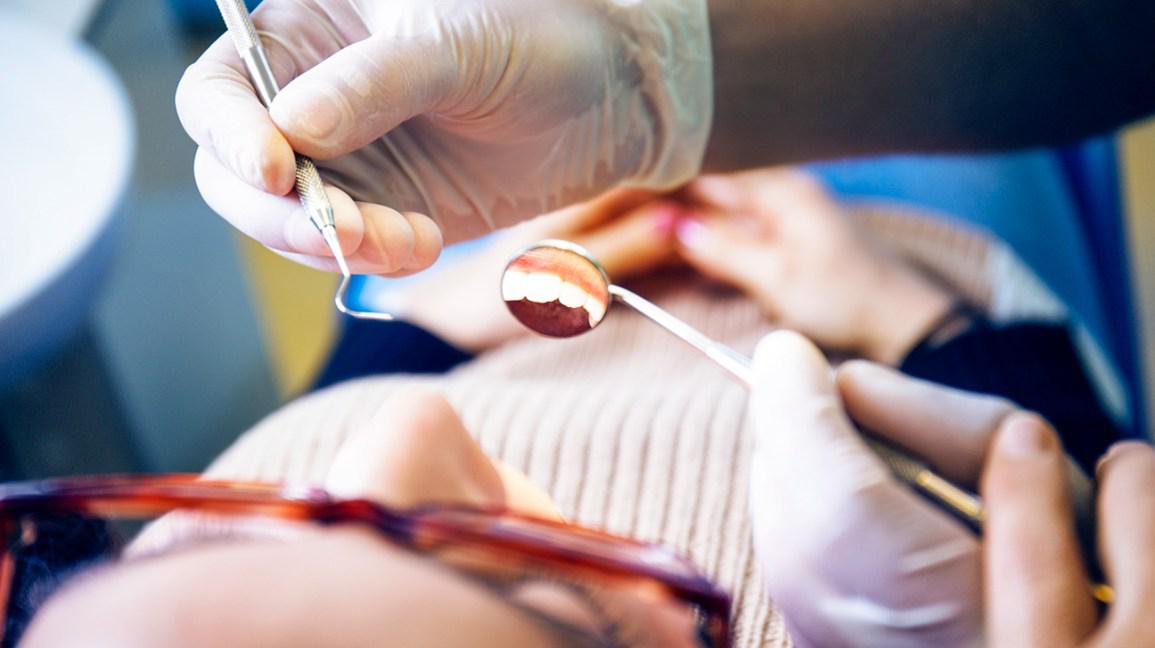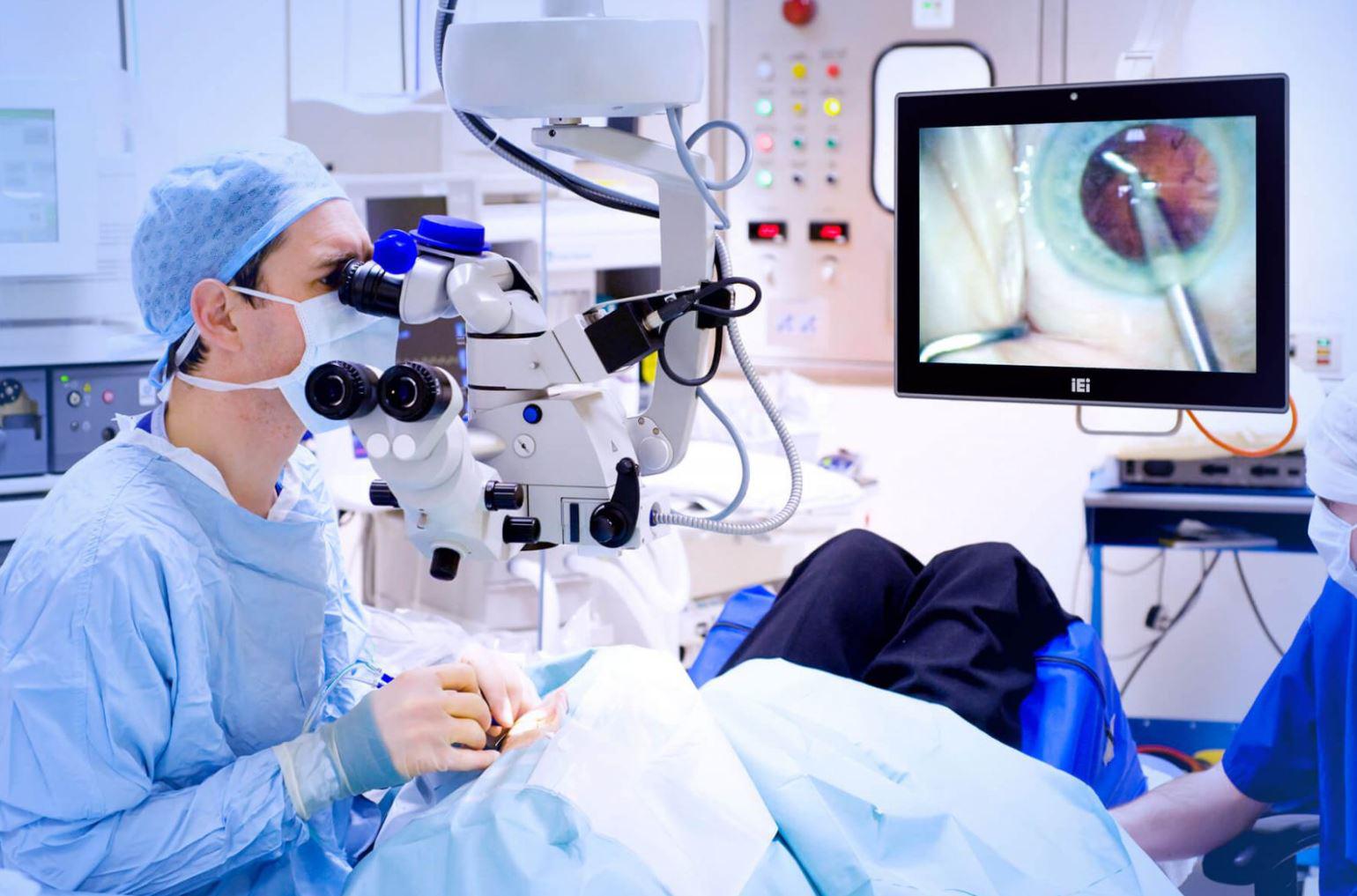Miraculous benefits of hypnotherapy
- Written by Daily Sun

Every person is not picture perfect where some people are spending a great life while some people might face difficulty due to many reasons. Sometimes, no matter how hard we try we cannot let go of some things that overcome on our life. Some shadows of life are dark and that is the main reason people go towards addiction. Addiction to everything is bad and when people try to quit drinking and smoking problems they fail. Many people join rehabs where they spend a few days of their life or take sessions that helps in some way. A great way to quit bad habits is to choose hypnotherapy as it is a fine option. People who wish to contact a highly popular clinic have treatments for hypnosis Brisbane is a city where many names of the society are working exceptionally. We do not have control over our minds but, when it comes to hypnotherapy things are pretty different.
Sometimes people have to face different types of pains in their body and after taking medication not stopping in these conditions hypnotherapy is effective. A majority of people choose hypnotherapy to get rid of depression that is faced by many people. Some medical conditions are connected with the mind and in that case, people have to contact a professional for hypnotherapy. In medical and psychological conditions hypnotherapy is quite effective as people can contact a clinic to get hypnosis Brisbane is a city where top-names work immensely. Despite the type of condition the specialists of hypnotherapy ensure to treat their clients with revolutionised treatments and therapies that will help them recover fast.
Effective for people who suffer from sleeping problems
Not everyone enjoys a good night's sleep as many people have to face trouble with their sleeping habits. Insomnia is a problem that is faced by most people as they cannot sleep at night time even if they try hard. Sleeping at night-time is very important as the people who do not sleep face problems the entire day and like this, their daily routine gets disturbed badly. Sleepwalking is also a common problem faced by people as the ones who walk at night get tired of their sleepwalking. People who face these types of problems should try hypnotherapy as it will be very helpful to give them a peaceful sleep at night plus get rid of sleepwalking. Many clinics provide sessions of hypnotherapy as they are highly acknowledged by people for hypnosis Brisbane-wide.
Get rid of depression and nervousness
Everyone is almost facing depression in their life due to uncountable reasons and with time the seriousness increases. People who face depression have to face mental issues that arise with time. When the state of depression increases people have to face serious medical issues that are very harmful to their health. Another common problem is being nervous as a large number of people are nervous without any reason and to handle different issues of their lives a tough decision should be made. In these conditions one of the best options is to go for hypnotherapy that will transform their lives completely by hypnosis Brisbane has clinics that are operating with superb services. Professionals will relax their minds with hypnotherapy which will be very helpful.
Quit smoking habits with hypnotherapy
When people smoke they are in their world as for them it is very hard to quit smoking cigarettes. These days, many alternatives have stepped into the market but they are not that effective as they do stop a person for some time but they do not help quit. Some games are played with a mind that connects with our body and at that time hypnotherapy is a superior choice. People who want to quit smoking should choose a health clinic that is popular for hypnotherapy as it will help people gradually with time. Hypnotherapy experts will give fine sessions of hypnosis Brisbane has professionals who operate clinics that are heightened for hypnotherapy.
Say bye to drinking problems with hypnotherapy
When things get out of our hands it becomes too late for people as for them the hard part is to cope with their weakness. Drinking is great for alcoholics who have to face problems in spending a regular life as they are rejected by people who are spending their life normally. There is no such harm in drinking occasionally but, in some cases, people have to work very hard. People who struggle in getting rid of drinking problems should contact hypnotherapy specialists who will work steadfastly. Hypnotherapy works on people who face addiction for them the only option is to quit drinking by contacting a hypnotherapy specialist. Many amazing name work as professionals who outshine in the field of hypnosis Brisbane has dazzling names that are working with distinction.











